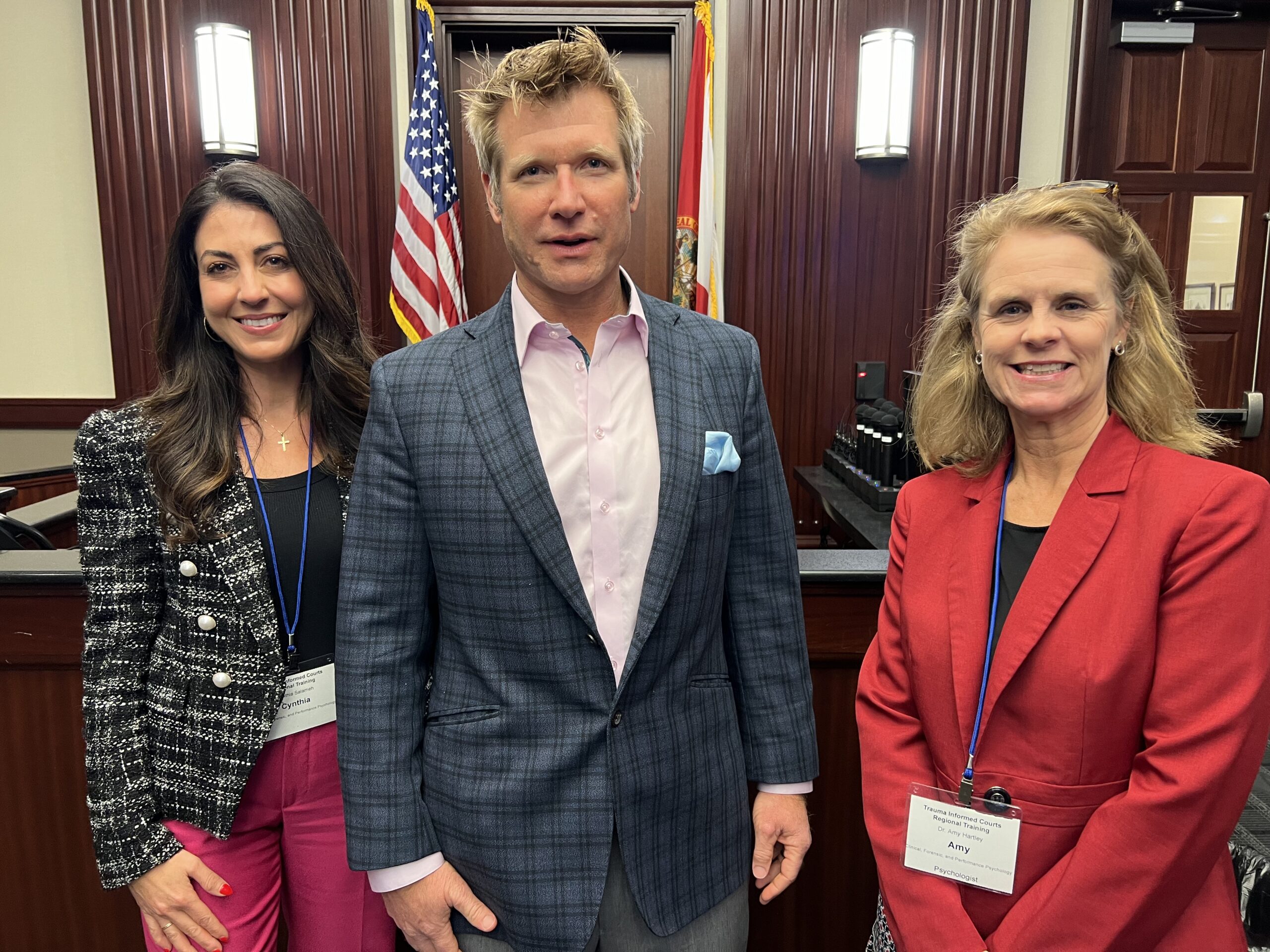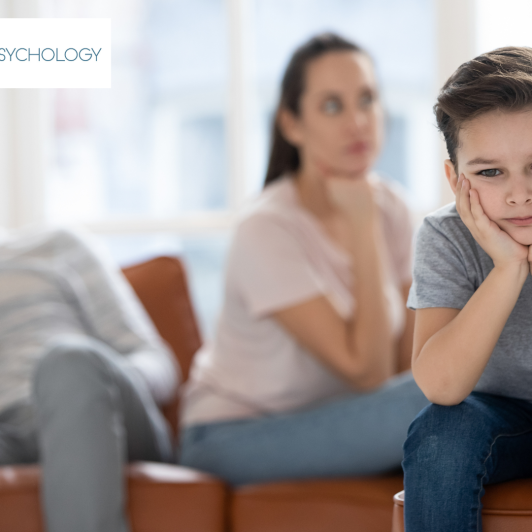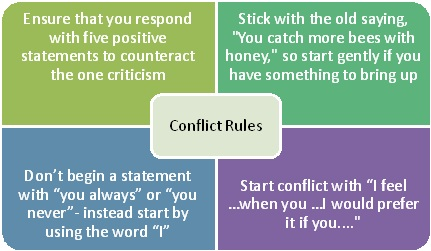- HOME
- PSYCHOLOGICAL SERVICES
- ONLINE COURSES
- Our Partnership Begins When You Purchase an Online Course
- Get to Know Dr. D’Arienzo, Relationship Expert
- Florida Premarital Preparation Online Course
- Georgia Premarital Education Online Course
- TwogetherinTexas Premarital Online Course
- Tennessee Premarital Preparation Online Course
- Minnesota Premarital Education Course Online
- Oklahoma Premarital Counseling Online Course
- South Carolina Premarital Preparation Course
- West Virginia Premarital Education Course
- Online Marriage and Relationship Tune Up Course
- Florida DCF Certified Parent Education and Family Stabilization Online Course
- Georgia Qualified Parent Education and Family Stabilization Online Course
- Texas Qualified Parent Education and Family Stabilization Online Course
- High Conflict Co-Parenting Online Certificate Course (8 Hours)
- Online Anger Management Four Hour Course (Level 1)
- Online Anger Management Eight Hour Course (Level 2)
- Sexual Harassment Online Training
- BUSINESS & PERFORMANCE PSYCHOLOGY
- CLINICAL, COUPLES, & FAMILIES
- ADHD Treatment & Evaluation Services
- Anger Management
- Anxiety Treatment & Evaluation Services
- Borderline Personality Treatment Services
- Cognitive Behavioral Therapy (CBT) Self-Help
- Couples Counseling and Marital Therapy
- Consent for Psychological Services for Minors Post-Divorce
- Depression Treatment Services
- Infidelity Recovery
- Jacksonville Counseling and Psychology
- Military Psychology & Tricare
- Narcissistic Personality Treatment Services
- Online Counseling
- Psychoeducational Testing
- Psychological Testing and Assessment
- Psychotherapy & Counseling
- FORENSIC PSYCHOLOGY & EXPERT TESTIMONY
- LIFE COACHING & EXECUTIVE COACHING
- MMPI TESTING & ASSESSMENT FOR SECURITY AND LEO
- CPI Police and Public Safety Assessment
- G License Psychological Testing
- Online Psychological Testing for Armed Security Guards and Personal Protection Officers
- MMPI Texas Level III CSO and IV PPO Psychological (ONLINE)
- Requirement for Texas Security License Applicants: MMPI Evaluation
- Level 3 Security Guard New Mexico Online MMPI Psychological Evaluation
- PSYCHOLOGICAL PUBLIC DISABILITY QUESTIONNAIRES (DBQ)
- ONLINE COURSES
- TEAM
- D’Arienzo Psychological Group Overview
- Dr. Justin D’Arienzo, Psy.D., ABPP
- Mario Decunto, LMHC
- Dr. Amy Hartley, Ph.D.
- Dr. Erica Janson, Psy.D.
- Alan Lipzin, LMHC
- Cynthia Salameh, Esquire
- Wendy Monger, Tutoring Specialist and Academic Coach
- Dr. Michael Nackashi, Psy.D., Clinical Psychologist
- Joseph Zichi, LCSW
- Mack, Roman and Roxy D’Arienzo
- MERCH & SOCIAL MEDIA
- BOOKS
- APPT REQUEST
D'Arienzo Psychology Blog
Navigating Bohannon’s Six Stages of Divorce: A Psychologist’s Guide to a Smoother Transition
Posted by: Dr. Justin D'Arienzo, Psy.D., ABPP
Divorce is more than a legal split. It’s a complex emotional, social, and psychological journey. Learn how Bohannon’s six stages of divorce affect families and discover expert-backed strategies to ease the transition with the help of D’Arienzo Psychology’s specialized divorce courses.
Where Can I Find Divorce Parenting Classes?

Posted by: Dr. Justin D'Arienzo, Psy.D., ABPP
You Can Find Divorce Parenting Classes Right Here!!! If you are looking for a high conflict coparenting course or a parent education and family stabilization course that is online and taught by a Clinical and Forensic Psychologist who frequently provides court testimony for Family Law cases or works with parents and children experiencing a divorce, then you have landed on the right page. Our online divorce courses are accepted by family law courts and judges. If you don’t believe us, check with your attorney or Judge. Our Parent Education and Family Stabilization course is most often utilized by parents in Florida, Georgia, and Texas. If you need a certificate to list another state or provience, then let us know and we can make that happen for you. Our high conflict coparenting course can be used in all US states, the United Kingdom, and Australia.
Trauma Informed Courts

Posted by: Dr. Justin D'Arienzo, Psy.D., ABPP
On November 16, 2023, I (Dr. D’Arienzo) had the pleasure of presenting about Toxic Stress, Child Development, Trauma Informed Care, Trauma Responsive Courts, and Fostering Resilience in Children and Family Law Clients. I was fortunate to partner with the Honorable Judge Guy, and Attorneys Ms. Dyvonnda Thurston and Ms. Sarah Sullivan. Two of my associates, Ms. Cynthia Salameh, Attorney and Parent Coordinator, and Dr. Amy Hartley, Psychologist, came to support my presentations and this Florida Bar Family Law Section Office of the State Courts Administrator (OSCA) event. We enjoyed mingling and offering our expertise to the 50 attorneys and judges who participated. I would like to thank Judge Maureen Horkan for inviting me to present!
Maintaining Friendships Amidst Divorce: A Manual for Avoiding Friend-Picking

Posted by: Dr. Justin D'Arienzo, Psy.D., ABPP
During a divorce, emotional challenges can make friends feel pressured to choose sides. However, with the right approach and empathy, this stress can be avoided. Open, honest communication is key, as is avoiding negative discussions about your ex in friends’ presence. Seeking professional counseling can be beneficial. Emphasizing empathy, urging mutual friends to continue relationships with both parties, and recognizing one’s role in the divorce can all help ensure friends stay neutral, enabling them to support both parties without feeling divided.
Charting a Course for a Cordial Divorce: A Comprehensive Manual

Posted by: Dr. Justin D'Arienzo, Psy.D., ABPP
Amid rising divorce tensions, the concept of a cordial divorce is gaining traction, emphasizing collaboration, negotiation, and mutual respect to reduce emotional and financial strains (Morrison, 2023). Effective communication, including open expression of feelings and setting conversational guidelines, is vital. Engaging a mediator or collaborative divorce advocate aids in resolving conflicts amicably. Prioritizing children by crafting a focused parenting plan ensures their well-being, while personal psychological care through therapy can enhance the entire divorce experience. Adopting a cordial approach leads to better post-divorce relationships and overall well-being.
Successful Co-Parenting Techniques When Faced with Parental Alienation

Posted by: Dr. Justin D'Arienzo, Psy.D., ABPP
The article “Successful Co-Parenting Techniques When Faced with Parental Alienation” discusses how co-parenting after separation or divorce can be further complicated by parental alienation – a scenario where one parent manipulates a child to reject the other parent without justifiable cause. The author offers several strategies for navigating this difficult dynamic including understanding parental alienation, encouraging transparent communication, ensuring parenting consistency, refraining from negative remarks about the alienating parent, seeking professional assistance, and prioritizing self care. In conclusion, the article suggests that while co-parenting with a parental alienator is challenging, patience, understanding, and the right strategies can help maintain a loving and meaningful relationship with the child.
Managing Communication with High-Conflict Parents: A Guide

Posted by: Dr. Justin D'Arienzo, Psy.D., ABPP
The article “Managing Communication with High-Conflict Parents: A Guide” offers a comprehensive strategy for communicating effectively with high-conflict parents. Key tactics include understanding, empathy, and boundary-setting. To manage one’s emotions, the article recommends mindfulness techniques and self-care practices. It emphasizes using clear language and the BIFF (Brief, Informative, Friendly, Firm) method for productive discussions. The principle of ‘active neutrality’ is endorsed to avoid escalating disagreements. It further underscores the importance of documenting all communications, especially in custody cases. Professional assistance is advised when conflicts become overwhelming. Ultimately, the welfare of the child should be the main priority in all conversations. The article concludes by offering related courses for additional guidance.
Charting Parenting Plans Post-Divorce: A New Roadmap

Posted by: Dr. Justin D'Arienzo, Psy.D., ABPP
This article highlights the importance of crafting a well-structured parenting plan after divorce. It emphasizes the need for strategic planning, effective communication, and a focus on the child’s well-being. The article explains that a parenting plan is a written document that outlines various aspects of parenting, including living arrangements, visitation rights, and decision-making. Research suggests that the primary goal of a parenting plan is to reduce conflict, promote stability, and ensure the emotional well-being of the child. The article emphasizes the significance of maintaining a collaborative and child-centered approach during the planning process. It suggests incorporating the views of children, as studies show that their involvement leads to better adjustment to the changes brought about by divorce. Flexibility is also crucial, as the plan should adapt to the evolving needs of the child. The article highlights the usefulness of digital tools in managing parenting plans, offering examples of applications that facilitate communication and organization. Lastly, the article encourages seeking professional assistance from psychologists, divorce counselors, and mediators to ensure a mutually agreeable co-parenting plan. By prioritizing the child’s needs, promoting open communication, and utilizing available resources, divorced parents can develop a comprehensive parenting plan that serves the best interests of everyone involved.
5 Tips for Effective Communication

Posted by: Dr. Justin D'Arienzo, Psy.D., ABPP
Communication is one of the most important skills in any field. Whether you’re a student, a professional, or just trying to get through your day, being able to communicate effectively can make a big difference. In this post, we’ll discuss five tips for effective communication. By following these tips, you can improve your communication skills and make a positive impact on your relationships, your career, and your life. Tip #1: Be clear and concise. When you’re communicating with someone, it’s important to be clear and concise. This means using language that is easy to understand and avoiding jargon or technical terms that the other person may not be familiar with. It also means getting to the point quickly and avoiding rambling.
Tip #2: Use active listening skills. Active listening is just as important as clear communication. When you’re listening to someone, it’s important to make eye contact, nod your head, and ask clarifying questions. This shows the other person that you’re paying attention and that you’re interested in what they have to say. Tip #3: Be respectful of others. Even if you disagree with someone, it’s important to be respectful of their opinion. This means avoiding personal attacks and name-calling. It also means listening to their point of view and trying to understand where they’re coming from. Find out more tips….
How do you talk to your children about divorce?

Posted by: Dr. Justin D'Arienzo, Psy.D., ABPP
Talking to your children about divorce can be a difficult and emotionally draining conversation especially as you anticipate having this necessary conversation. However, it is important to approach it in a sensitive and age-appropriate way. Here are some general tips on how to talk to your children about divorce:
Schedule a family meeting: It’s best that both parents schedule a family meeting to talk to the children together. Having a meeting on a Friday evening or Saturday morning is best so the children can emtionally process this difficult situation and understand what the action plan is for the family prior to returning to school on Monday morning. Please note that this meeting should be one meeting of many, and this step should be repeated several times throughout the divorce process.




